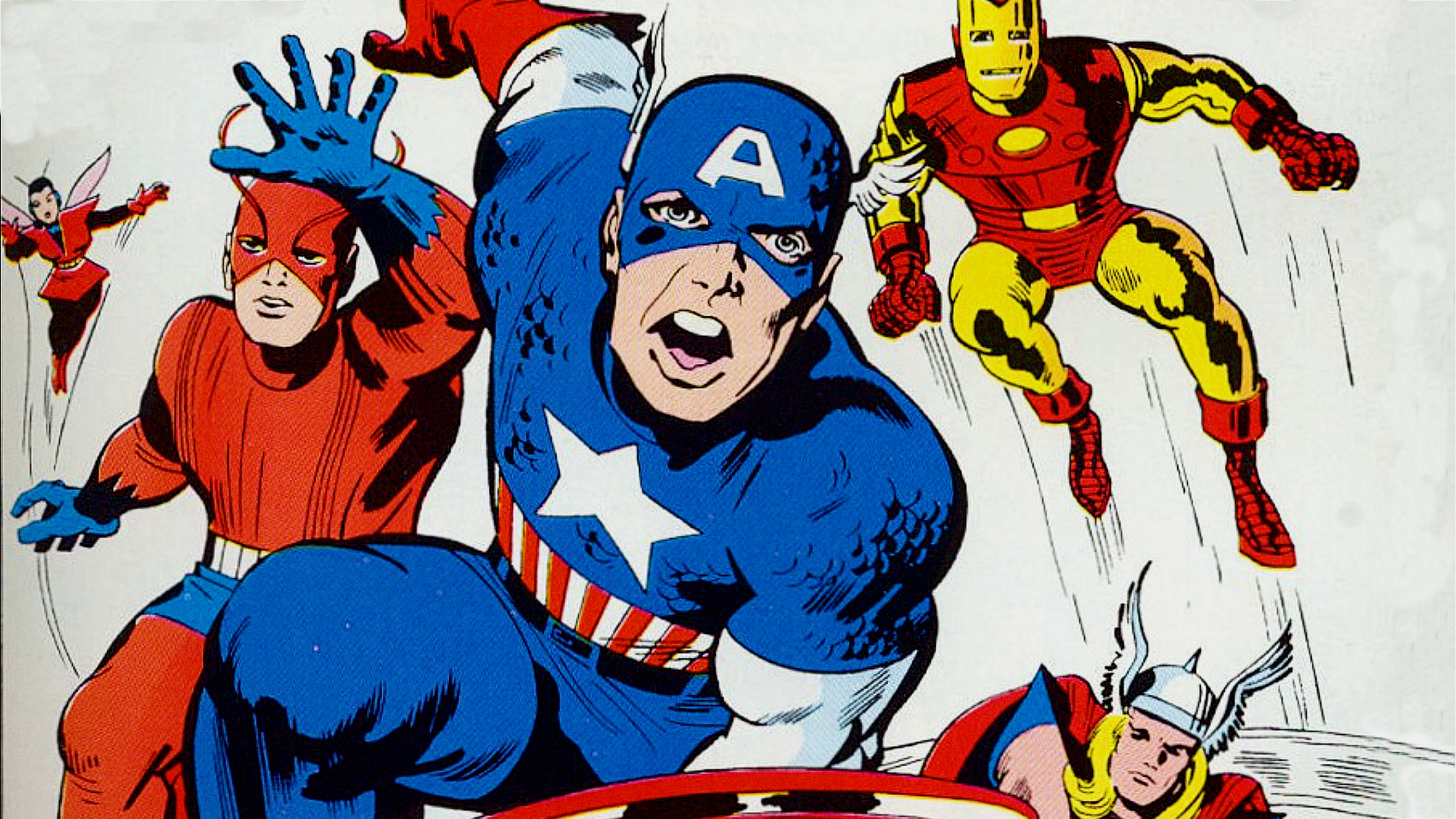If any superhero team was built for greatness, it’s The Avengers. From the very beginning, the team has been stacked not only with Earth’s “mightiest heroes” but also with individuals who boast extensive solo histories of battling evil. From Thor to the Hulk, Iron Man to Captain America, no one can claim the Avengers have ever lacked power or personality. That original dynamic has remained a core element of Avengers line-ups to this day. Unlike other teams, the Avengers have consistently attracted the boldest and most powerful heroes. After all, what better way to keep the public’s attention than by staffing the roster with Marvel’s best and brightest?
However, despite the Avengers’ ability to bring together some of the greatest – and most interesting – Marvel superheroes on one team, sometimes too much of a good thing does not guarantee a compelling story. Indeed, when compared to other, less powerful and less popular superhero teams in the Marvel Comics Universe, the Avengers are far from being the “main ticket.”
Perhaps the most obvious reason the Avengers can be quite boring is that they suffer from what’s commonly known in superhero comic book fandom as the “Superman syndrome.” This means they’re collectively so overwhelmingly powerful that fans understand they’ll ultimately prevail in any fight they get into. Put another way, as the most powerful heroes on Earth, there’s no real tension in the plot, no matter who challenges them. Moreover, while their abilities don’t preclude a member of the group suffering harm or even a fatality, the shock of such a situation is lessened by the fact that the Avengers lineup is continuously changing. There are few, if any, members who are absolutely necessary for the Avengers to operate effectively. This isn’t to say the Avengers can’t be defeated, but those losses are few and far between.
Conversely, the Fantastic Four—another iconic, A-list Marvel team—are powerful but lack the “lockdown” abilities of the Avengers. While they operate on the same level as the Avengers, tackling national and global threats, and are certainly no pushovers (Reed Richards is one of the most intelligent heroes in the Marvel universe), there’s no widespread belief that the team is invincible. Every time the Fantastic Four enter a battle, there’s a legitimate fear that things might not end well. This apprehension is compounded by the fact that the team has only four primary members—losing even one would devastate the group. Moreover, they are a family in every sense of the word, which adds emotional stakes to their conflicts. These dynamics make the Fantastic Four far more compelling from a storytelling perspective than the Avengers, as they introduce real narrative tension and genuine plot intrigue.
In addition to the dulling factor of their invincibility, there’s a strong argument that the Avengers lack a defining identity beyond their “Earth’s Mightiest Heroes” moniker. Over the decades, this has resulted in a rotating team of superhero “mercenaries,” each with their own interests and agendas. Indeed, Captain America’s interest in being an Avenger is tied to his desire to continue fighting for justice. The Black Panther’s motivation for joining the Avengers is quite different, as it stems from his desire to safeguard Wakanda’s welfare while also seeking justice. As a result, these competing interests have hindered the Avengers from developing a unifying, team-wide ethos that would be compelling to explore.
Again, using the Fantastic Four as an example, their family connections were built into their actions and activities. Indeed, while they certainly had differences of opinion, they were also committed to each other. Accordingly, when personal and team desires conflict, the members will choose family over profession. The same cannot be said for the Avengers. The Black Panther is unlikely to sacrifice his country for an Avengers priority if both interests conflict.
Consequently, the lack of a unifying theme or cohesive narrative weakens the Avengers plot, making it less compelling. This begs the question: since the Avengers don’t constantly face an existential threat like Thanos, Ultron, or Baron Zemo, what actually motivates them to “assemble”? Indeed, the Avengers’ narrative often comes across as basic, formulaic, and uninteresting to anyone other than die-hard action enthusiasts, primarily due to the absence of a distinct, unifying concept beyond merely being the most powerful team that protects the world.
As the world’s most overpowered superteam, the Avengers are expected to handle threats of international, global, and even interstellar scale. On one hand, this gives creators a wide range of options for story ideas. On the other hand, it can be quite limiting in terms of story development. Major villains capable of threatening all or large parts of humanity typically demand an event-style spectacle. As a result, while the Avengers as a team are often prominently featured, individual team members tend to be overshadowed.
Moreover, the Avengers’ tradition of constantly rotating lineups and fielding massive rosters means that key members are often seen only a few times in each issue. This leaves very little time or opportunity for fans to see their favorite heroes “up close and personal,” as the story must cover many other characters simultaneously.
The emphasis on large-scale action often comes at the expense of consistent, character-driven narratives. Combined with an ever-changing roster of heroes, this makes it harder for fans to connect with the characters on a personal level. As a result, fans may find it more difficult to invest deeply in individual characters, ultimately making the team itself less compelling.
What do you think? Let us know in the comments!
If any superhero team was built for greatness, it’s The Avengers. From the very beginning, the team has been stacked not only with Earth’s “mightiest heroes” but also with individuals who boast extensive solo histories of battling evil. From Thor to the Hulk, Iron Man to Captain America, no one can claim the Avengers have Read More

